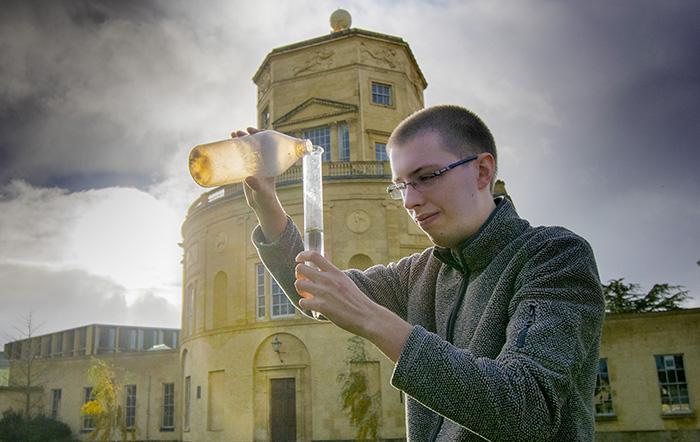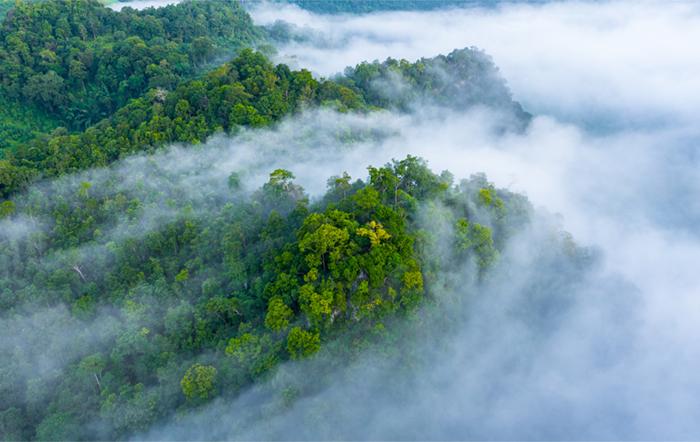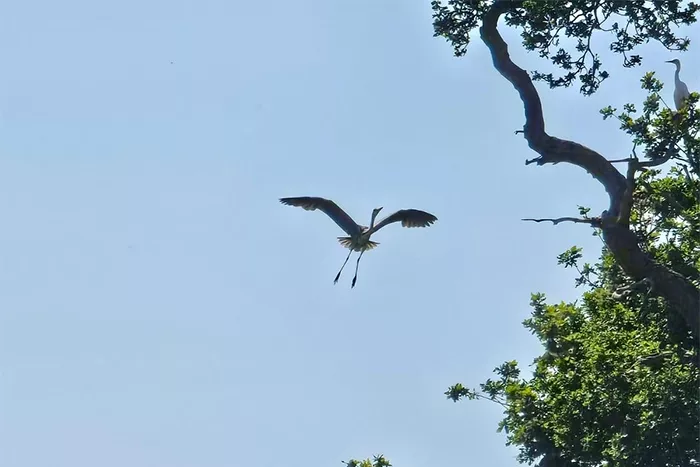Tabina Manzoor, a Kashmiri student, researcher, and environmentalist currently pursuing an MSc in Water Science, Policy, and Management at SoGE, served as a student co-moderator at Oxford’s recently concluded Right Here Right Now Global Climate Summit, where she also gave an opening address at the Sheldonian Theatre.
News
Eleanor Pendle wins the 2020 RGS-IBG Social and Cultural Geography Research Group Dissertation Prize for research on urban planning strategies
Undergraduate student Eleanor Pendle (Brasenose College) has been awarded the Royal Geographical Society's Social and Cultural Geography Research Group Undergraduate Dissertation Prize for research she conducted on the superblock in Poblenou, Barcelona.
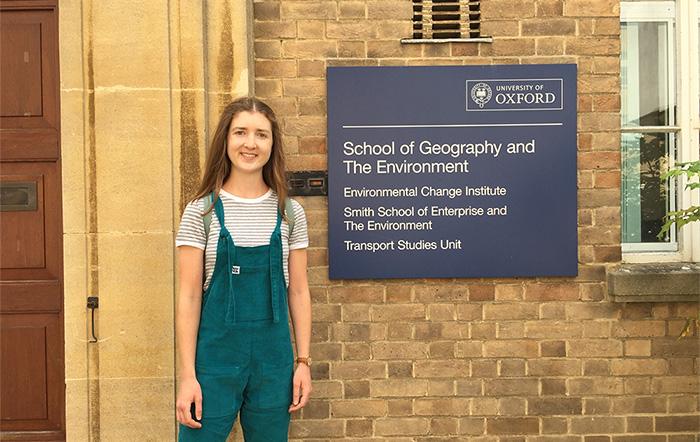
Investors Gauge Future Climate Risks With Satellite Imaging
Asset managers are analyzing pictures and data taken from outer space to predict the physical impacts of global warming, writes Bloomberg Green. The article explores pioneering work by Smith School partner Lombard Odier to use geospatial data in risk analysis. It also explores new research from the Spatial Finance Initiative at the Smith School, led by Ben Caldecott.

Shift to net-zero buildings is not only cheap now, but viable too: India finds solutions
The Times of India covers new research from Radhika Khosla and international partners across North America, Europe and Asia, finding that cheap technology and sufficient skills already exist worldwide to achieve net-zero energy buildings at costs in the range of traditional projects. The article explores net-zero solutions and the implications of the study in Delhi.

The World Needs to Ramp Up Solutions for Greener Cooling
'A proliferation in traditional air conditioning meant to protect people from intense heat could also exacerbate global warming,' writes Scientific American. This in-depth article explores cutting-edge research from Radhika Khosla and colleagues at Oxford's Future of Cooling Programme as they explore sustainable cooling and reveal its impacts on each of the sustainable development goals.

30 Under 30: Environmental Leaders
Sam Loni, MSc student in the School of Geography and the Environment, was recently selected by The North American Association for Environmental Education (NAAEE) for its fifth class of 30 leaders under the age of 30. Sam combines research and advocacy to support educators in preparing students for the challenges of the 21st century and empowering them to shape sustainable communities. He is studying for an MSc in Environmental Change and Management and an MBA at the Said Business School.

Lena Fuldauer awarded 1st prize in the Allianz Climate Risk Research Award
Congratulations to Lena Fuldauer (ITRC Researcher and current DPhil student) who has won 1st prize in the Allianz Climate Risk Research Awards.
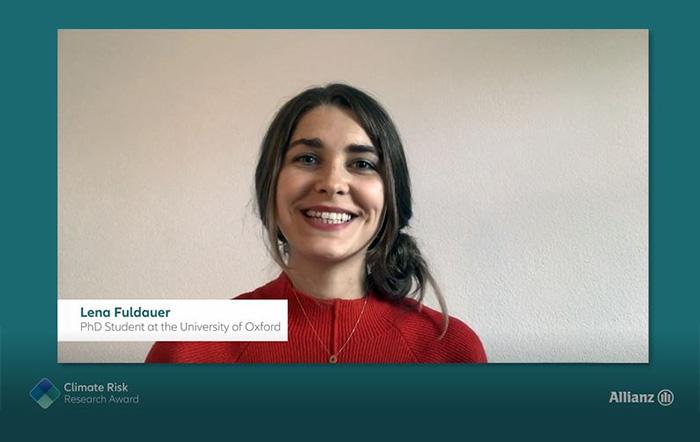
Dr Louise Slater awarded Outstanding Early Career Scientist Award by the European Geosciences Union
Dr Louise Slater has been awarded the European Geosciences Union's 2021 Outstanding Early Career Scientist Award in the field of Geomorphology.

Launch of the SoGE Fieldworkers' Network
SoGE's new Fieldworkers' Network launched to support fieldworkers through practical issues and logistical challenges, at any stage of their career.
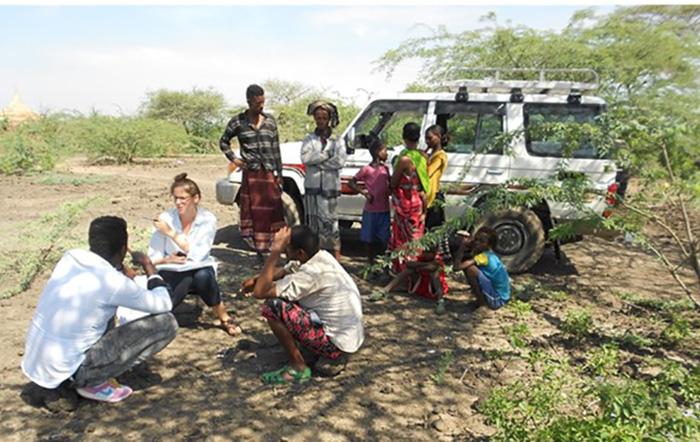
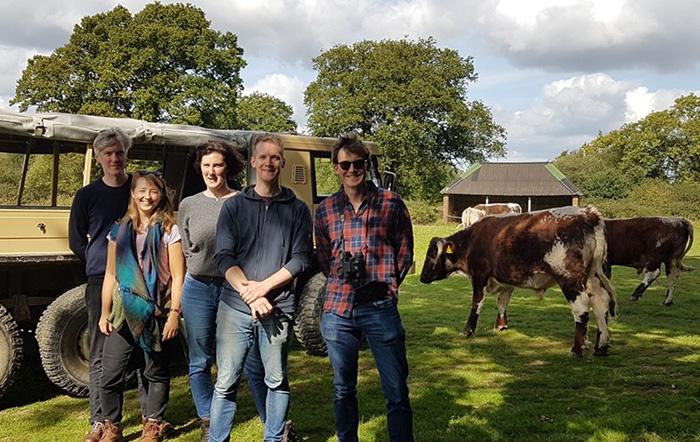
October 2020 was the wettest month in Oxford for 145 years
Oxford experienced its wettest month for 145 years in October 2020, according to weather observers from the School of Geography and the Environment at Oxford University.
